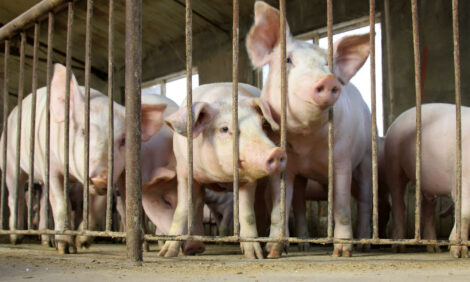



Study: Impact of Media Attention to Animal Welfare
US - As a whole, media attention to animal welfare has significant, negative effects on US meat demand, according to a new analysis by Kansas State University.The study’s results are based on an extensive search of top US newspapers and magazines used to develop indices reflecting public information on animal welfare that US consumers received from 1982 to 2008. These media indices were then incorporated into a meat demand system to estimate the effect of animal welfare information published by US media sources on exercised beef, pork, poultry and non-meat food demand of the typical US consumer for the period 1982 – 2008.
Although the most direct effects of media attention were primarily associated with pork and poultry demand, researchers stressed that the beef industry is not immune.
“This study found increased media attention caused a reallocation of expenditures to nonmeat food rather than reallocating expenditure across competing meat products. Accordingly, all three evaluated livestock and meat industries stand to lose if total meat expenditure is reduced as consumers obtain increasing amounts of media information regarding animal well-being and handling issues,“ the report states.
The researchers noted that, although this study provides the first assessment of how media attention on animal welfare information influences consumer meat purchases, much additional research is needed.
“This study supports this and related evaluations to improve the understanding of how increasing pressure to adjust on-farm practices to reflect societal pressures regarding animal well-being is economically impacting market participants throughout the livestock and meat-supply chain,“ the report concludes.







